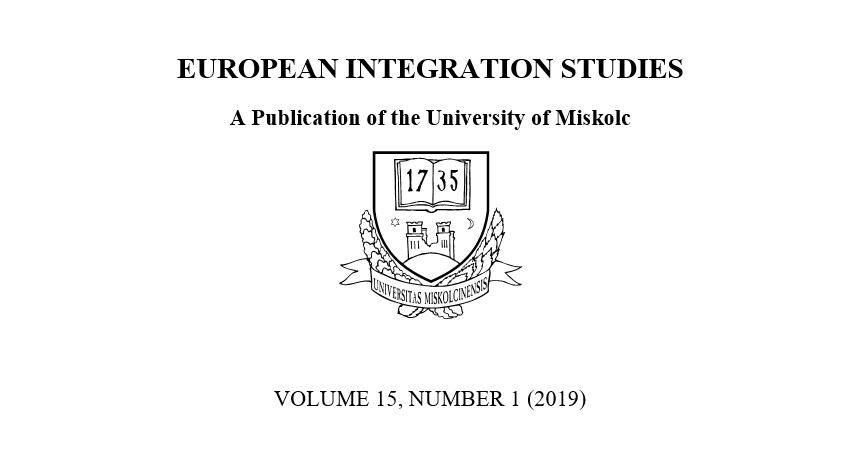FROM THE IDEA OF STATE-CHURCH TO THE IDEA OF SEPARATING THE STATE AND CHURCH
Schlagworte:
state and church separation, natural law, New Church Concpet, ius in sacra, ius circa sacraAbstract
In Hungary of the 19th century it was the customary laws which predominated. In addition, the relationship between the state authorities and the organised social groups was characterised by the incongruous mixture of „government ordinances, instructions, prohibitions, licences as well as ad hoc arrangements” generating „a diversity of administrative practices and insecurely held privileges”. In such circumstances, increasingly arose the need to create a type of civil society in which the individuals were to be subjects to a single legal order, and were to be endowed the same rights and duties. The reform of the church-state relation based on freedom of conscience and religion also formed an important part of the endeavour to establish a civil soceity. In this contradictory situation, the natural law movement declaring the ideals of freedom and equality before law and the freedom of association marked a breakthrough. As a product of the natural law movements, Civil Codes were enacted in order to protect the individual and the social groups by laws. After about 40 years preparatory works the Civil Code of Austria was enacted. By codifying along th lines of natural law, its leading drafters, Karl Anton Freiherr von Martini and Franz von Zeiller, similar to a modern constituiton, aimed to give protection to fundamental rights. Both of them were representatives of the natural law theory that became accepted in Hungarian Legal Philosopy. The objective of the 19th century-natural law which was the creation of a legal order safeguarding liberty of conscience and relegios met the monarch’s wide powers in religious matters being largely customary and undefined. One of the natural law’s essential tasks was to determine the framwork of secular power in religious matters and this effort led to the idea of secularity.





